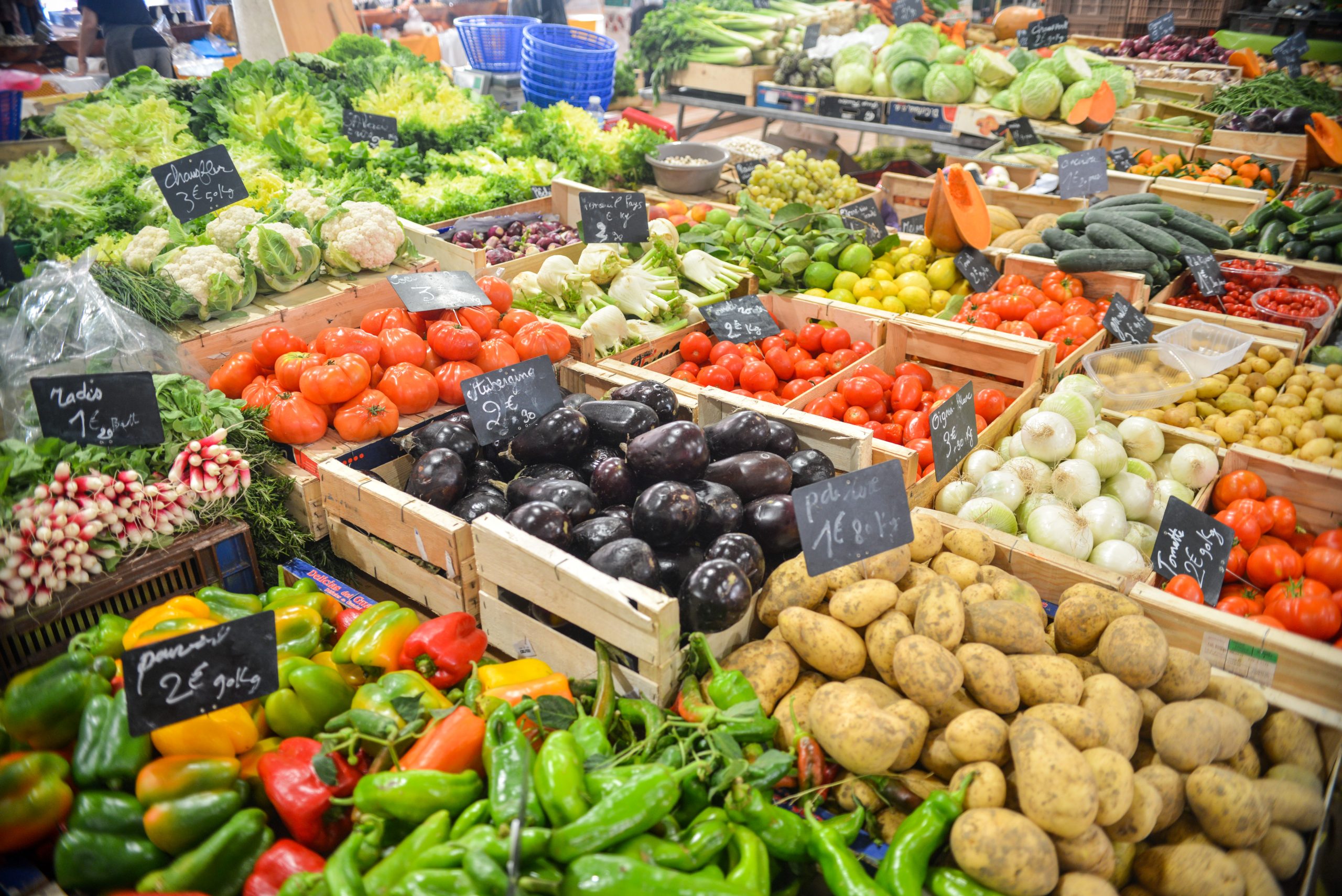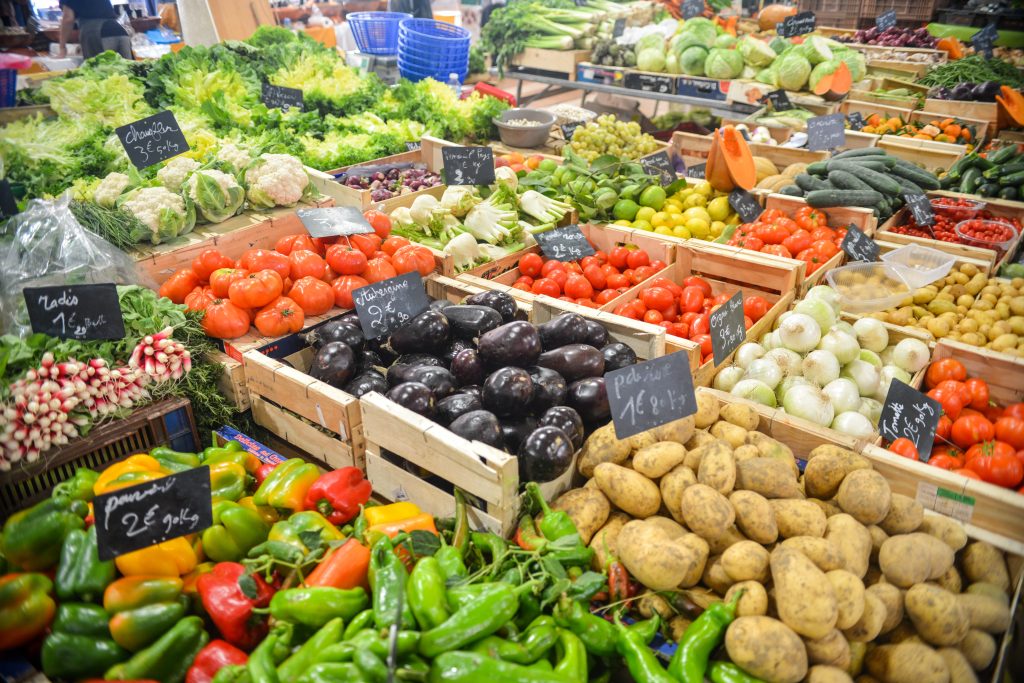How To Grow More Vegetables This Year

If you’re lucky, you have a vegetable garden stashed away somewhere on your property. It’s a great source of tasty, organic produce for you and your family year round. Depending on space and weather, you can grow amazing crops that will save money, and bring food to the table. With the smallest amount of effort, you can nudge Mother Nature into providing a bit extra. To make sure you get the most out of your vegetables this year, be sure to check out some of these tips.

Hydrating your plants is essential when growing a sustainable food source. To make sure every plant gets its share of water, consider using a longer spray hose. With a long spray hose, you will save time and effort, and dispense liquid evenly. Also, you might look into using it in combination with rain water. Rain water is not treated by chlorine and other chemicals than tap, having a bit more nutrition. Collected outside, it has a milder temperature, and is less shocking to soil and plants. And by collecting what nature provides, you will save on water bills, and be eco-friendly.
Protect the soil in and around your vegetable patch by mulching. Mulch is a great way of retaining moisture of the soil, and helps protect against erosion. And during colder months, it will also help in retaining soil temperature. There are many mulch materials out there to buy. But, you can also use yard clippings, cardboard, newspapers, and straw, that do the job just as well. And by leaving no room around your plants, weeds will become a thing of the past.
Add nutrients to your soil by spreading compost to your vegetable garden. Compost is a fertilizer made from organic matter. When added to soil it increases the amount of microbes, which help in growth and yield. Make a compost container somewhere in your garden, preferably not too near the house. Fill it up with soil, and then just dispense organic waste into it. You will save money, and help veg grow faster and bigger.
Choose high-yielding crops to increase your harvest. Network with other gardeners to find out the best hybrids and varieties for your region. Also, look into perennial plants that return every year. This will save time on planting and maintenance of them. And to make the most of your space, interplant compatible veg. Plants will shield each other, enabling you to grow varieties whose season has ended.
By saving seeds and cuttings, you will have reliable vegetable varieties year after year. Not only that, but you will cut costs during planting season. With the money left over, you can invest in new crops to sow in your garden. And with a store full of seeds, you can grow seedlings indoors. This will let you plant in succession, shortening the time it takes for plants to mature. You will harvest your vegetables sooner, beginning your season earlier, and ending it later.
Being smart about how you raise your crops will increase your yields. By being self-sustaining, you will be environmentally friendlier, and have more organic vegetables. And when you take good care of your crops, they will take better care of you.
